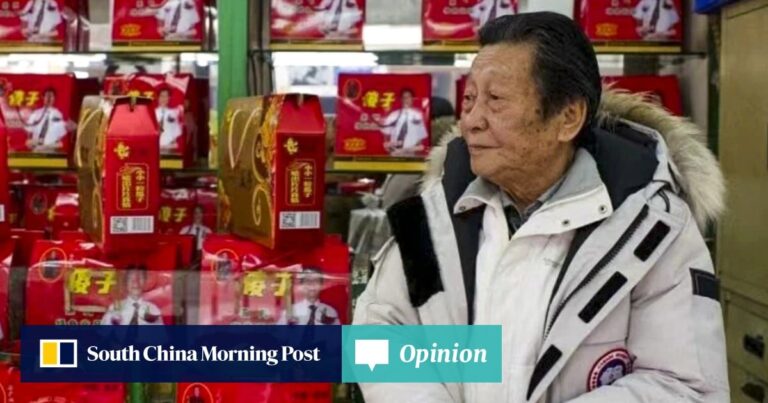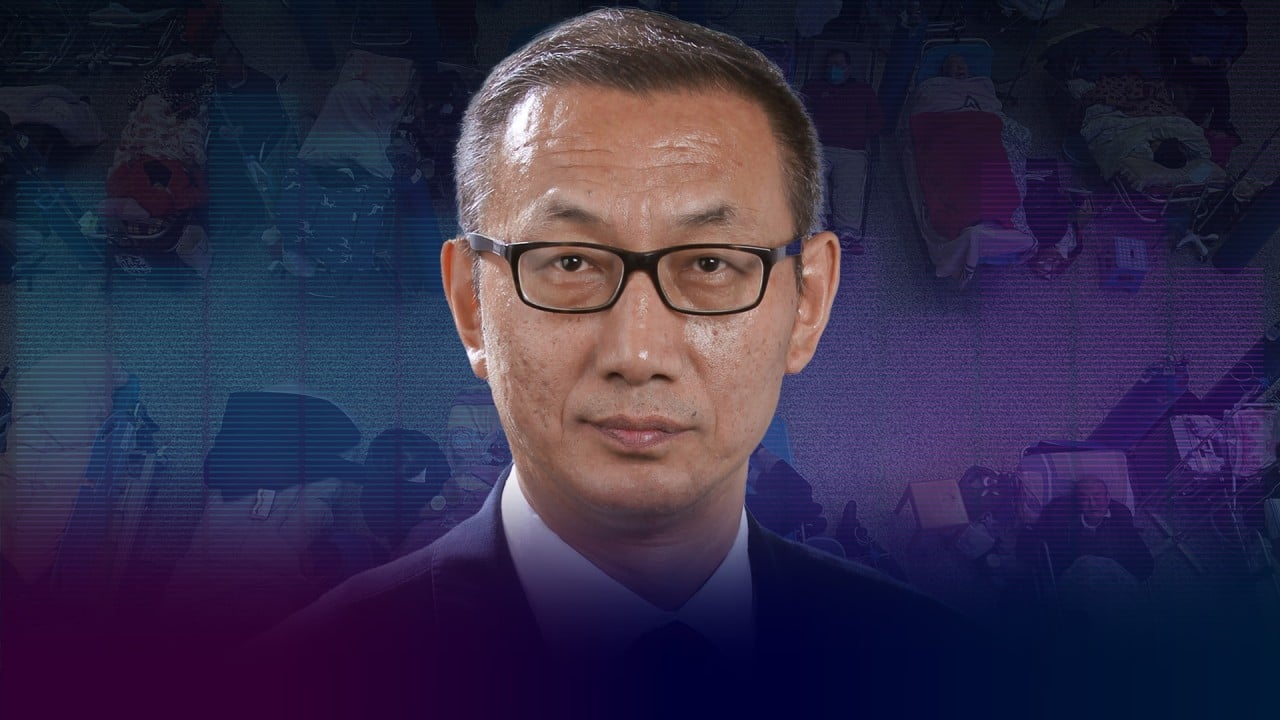
The message was well received by China’s first-generation entrepreneurs as the country emerged from the economic turmoil of the Cultural Revolution. The private economy subsequently boomed.
Deng told his comrades in 1984 that he decided to offer protection to Nian and his Idiot Melon Seeds to protect the trust of people amid China’s economic reforms, even though he was technically violating the law with hiring practices that would have given authorities justification to stop him.
With high-profile government tolerance and a de facto pardon from Deng, Nian’s story circulated throughout the country and the whole nation’s entrepreneurship was unleashed.
Four decades after China’s reform and opening up, a class of private business owners has emerged and the country is no longer considered an economic backwater. Yet the trust between the Communist Party and the country’s entrepreneurs remains rocky. Despite promises and legal protections offered by authorities, many Chinese entrepreneurs remain gripped by constant concerns and uncertainty regarding Beijing’s economic policies.
This means Beijing once again needs to win the trust of domestic entrepreneurs, along with capitalists from abroad, to revive an economy battered by zero-Covid controls and policy U-turns. Without that trust, it is impossible to revive economic growth, which is the foundation of China’s strategic goal of national rejuvenation.
One takeaway from Deng’s treatment of Nian is that Beijing should not let ideology hinder economic development. For private entrepreneurs, it must be unsettling to see the concept of “capital” be included in official narratives with increasingly negative undertones – as if private capital is still a demon that must be tamed.
China has long passed the days when capital, according to Karl Marx, “comes [into the world] dripping from head to foot, from every pore, with blood and dirt”. Today, private capital in China is a healthy driver of job creation, economic development and even “common prosperity”.
It is also hard to argue that publicly owned capital, which is typically held by a small group of designated bureaucrats or managers, is necessarily better at serving national development. China needs to stamp out unnecessary noise about private capital and to treat it as equal to public capital.
As China’s economy is again in need of reinvigoration and vitality in an increasingly competitive world, Deng’s handling of Nian and his Idiot Melon Seeds remains relevant in a country that has far surpassed those humble beginnings of private entrepreneurship.
